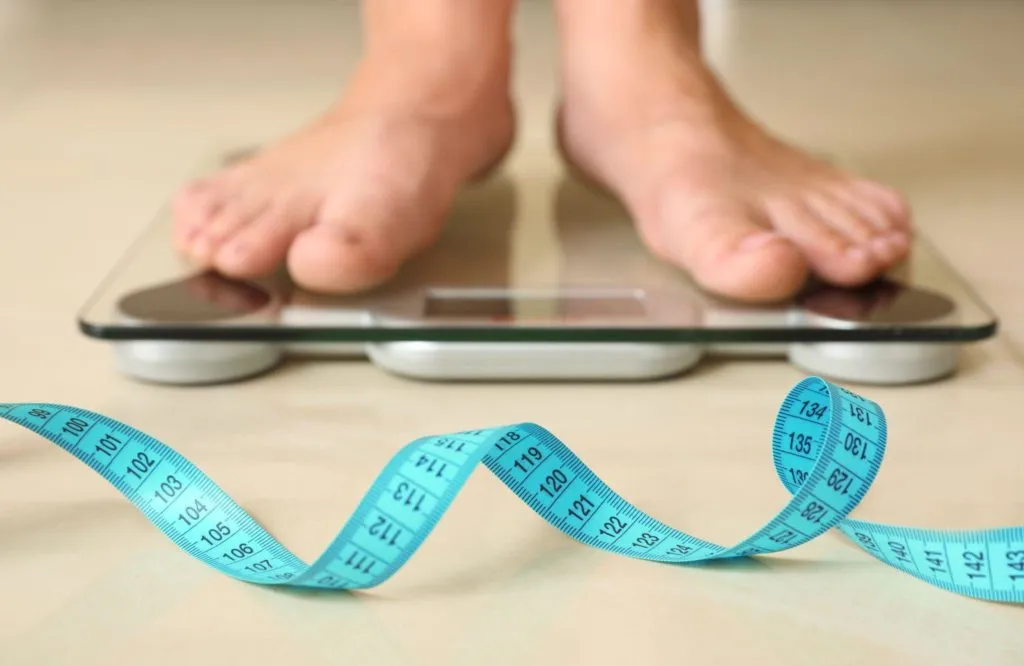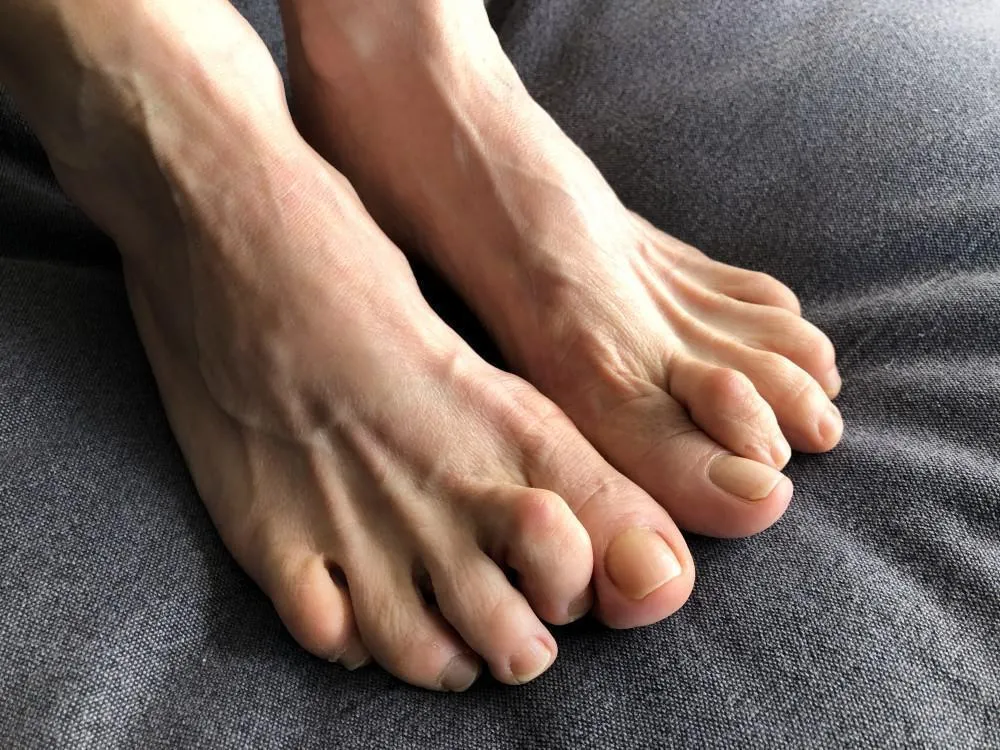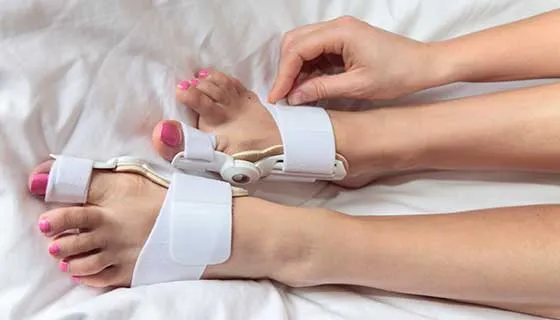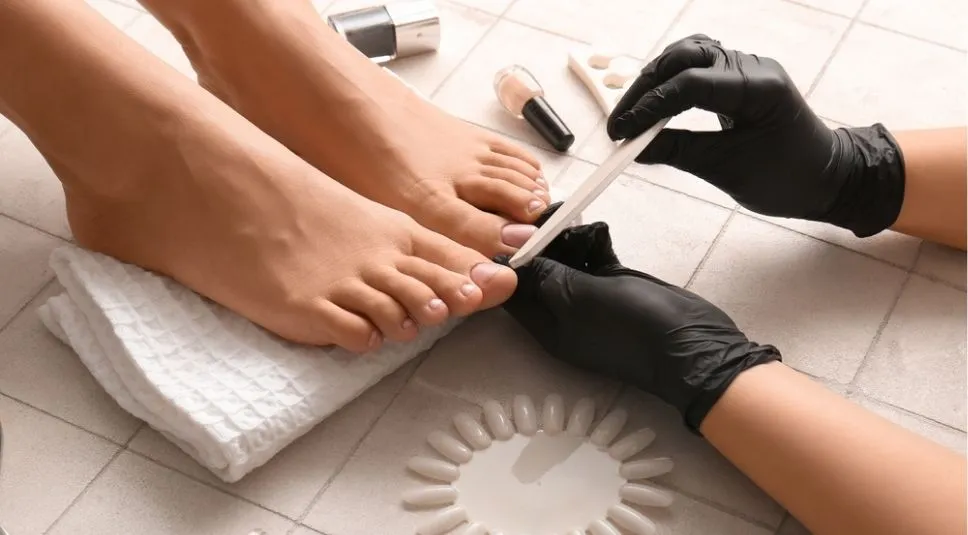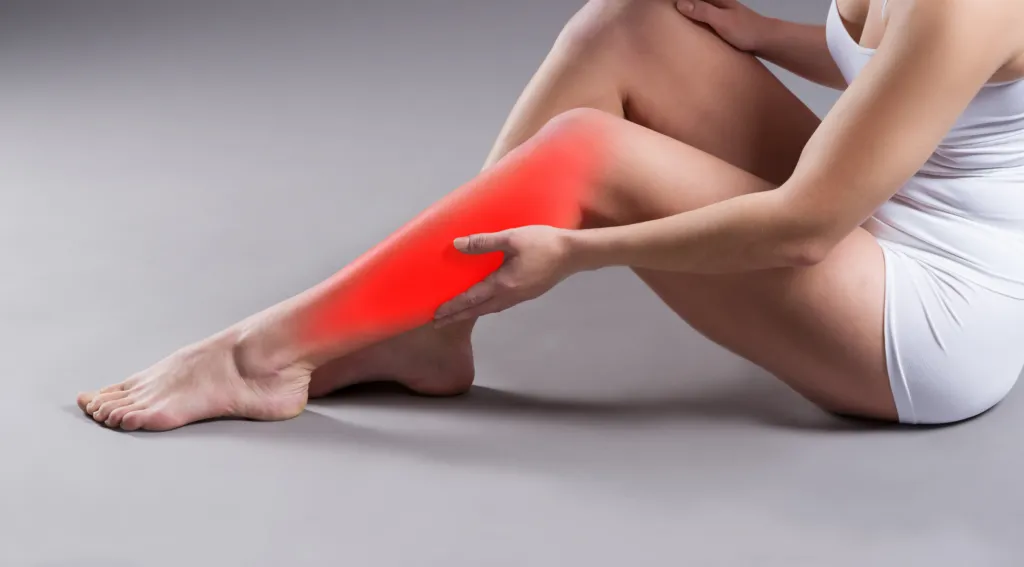As the number of obese Americans has steadily increased, so has our incidence of obesity-related conditions like type-2 diabetes and heart disease. Excess weight makes the whole body work harder and puts extra pressure on your organs, joints, and bones, leading to all sorts of disconcerting problems such as heart disease and foot pain that make living with obesity even more uncomfortable and dangerous.
Nothing bears the brunt of your body’s weight quite like your feet. Studies have shown a clear correlation between weight and the many conditions that cause foot pain, meaning that if you are overweight, you should be particularly careful of the excess pressure on your own two feet.
The Weight/Foot Pain Connection
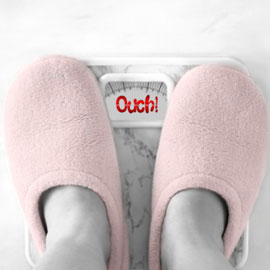
In the 2012 National Foot Health Assessment, a survey conducted by the Institute for Preventative Foot Health, researchers found that foot health became significantly worse as respondent body mass index (BMI) increased. Though 78 percent of Americans over 21 have had a foot problem at some point in their lives, 41 percent of those with a BMI over 30 (the “very overweight” category) said they were currently experiencing a foot issue, while 16 percent said they had a high level of foot pain (7 or more on a scale of 1 to 10).
Overcoming Weight-Related Foot Pain
Foot pain adds a major obstacle for those who are trying to lose weight, making it difficult to participate in the physical activity necessary for continued weight management. For those suffering from diabetes, foot issues can be especially problematic, while many responders to this survey even admitted that foot pain had reduced their workplace productivity.
Experts recommend that those at a higher risk for foot problems regularly see a foot specialist or podiatrist to ensure that their feet remain in proper health. However, here are some measures you can take yourself to reduce your chances of developing foot pain and injury:
Get orthotics.
These are insoles designed to specifically provide support and cushioning to the parts of your feet that need it most. Experts recommend visiting a podiatrist or other medical professional who can prescribe or recommend a proper insert for your individual foot concerns.
Get sized and analyzed.
In today’s shoe stores, usage of the Brannock device, a scale used to determine foot size, has faded significantly. Though most shoe stores still have them available, only 18 percent of adults reported having their feet measured with a Brannock device. However, this tool is still the very best available for finding the perfect fit. You might wear a consistent shoe size, but double-checking each time you buy new shoes will make sure you avoid the pinching, slipping, and sliding that can cause lesions and other foot pain issues.
If you’re at a higher risk of foot issues, it may also be worthwhile to consult a specialist who can analyze your walking gait. Doing so is an important step in detecting any biomechanical or physical issues that may later develop into more serious problems.
If you struggle with obesity, don’t let foot pain hinder your attempts to slim down and become healthier. Visiting a podiatrist and taking other steps to ensure that your feet stay healthy and ready for action will be a big help in reaching your weight loss goals.
